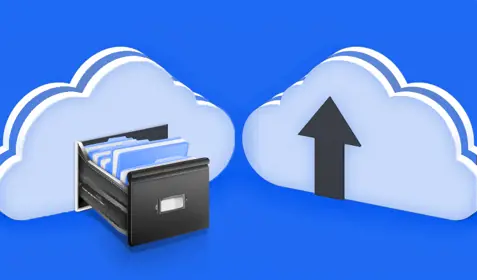A rapidly growing number of small to medium sized businesses (SMBs) are making the move to the cloud, and specifically, to the popular hosted version of the Microsoft Office suite — Microsoft Office 365.
The proof of Microsoft Office 365's popularity among the SMB set is everywhere. In its recently released "Worldwide SMB Predictions" report, Framingham, Mass.-based IT research firm IDC predicts that 30% of all U.S. small businesses will have adopted Office 365 by the end of 2015. That means the number of SMB adoptees will double over 2014.
And in its most recent earnings call, Microsoft credited adoption of Office 365 as one of the biggest factors driving its commercial cloud revenue to grow 114% over last year to an annualized run rate of $5.5 billion.
To be sure, Office 365 isn't the only game in town. Google Apps is another increasingly popular choice for cloud-based personal productivity, for example. But just what is it that makes services like these so attractive to SMBs? I believe it comes down to three main reasons:
1. High availability
There are few systems that pretty much every company needs – and email is one of them. This is true whether you're an accountant, a lawyer, or a roof-snow remover (I had to hire one of those yesterday after 3 feet of snow in New England, and we've been trading emails all day). You can't do business without email. It's a mission-critical system that needs to be highly available and highly reliable. With Office 365, SMBs get guaranteed 24/7 reliability without having to worry about hard drive crashes, network outages, power failures and other headaches that lead to email downtime when a company hosts their own email server.
2. Lower cost
If your business already has an in-house email system with a fully paid perpetual license, then there is currently no ongoing cost. But there will come a time when you need to re-invest in the email system. For example, if your server is more than three years old and it's time for a new one, or if you want a newer version of Microsoft Exchange. That investment is a capital expenditure that will dwarf the monthly cost of a subscription service. In other words, Office 365 and the like are growing in popularity because they offer SMBs a better system for less up-front costs.
3. Features and functionality
Most businesses move to Office 365 to use well-known Microsoft applications, such as Outlook, Word, Excel and PowerPoint. But word is quickly spreading about the additional benefits that Outlook 365 and similar offerings provide. A key benefit of cloud-based services is that you get access immediately and automatically to new features (as long as they're included in your plan) without needing to download, install, and configure new software versions. Some newer Office 365 features include Office Sway, for visualizing and sharing ideas; Delve, which helps users search and discover content; Office 365 Groups, which make it easier to collaborate with co-workers; and Office 365 Video, which allows for secure media streaming for businesses.
Additional considerations
Looking ahead, SMBs can expect Redmond to continue developing the features of Office 365 with a particular focus on mobility, according to Microsoft CEO Satya Nadella, who spoke during the recent earnings call.
"Office 365 now includes new application experiences on all phones and tablets for mobile productivity," he said. "…We continue to invest in enterprise value by integrating [mobile device management] and Enterprise Mobility Suite into Office 365."
So does this all mean that SMBs that switch to cloud-based email services have nothing to worry about? Not by a long shot. Even for cloud services, experts recommend that users should maintain copies of valuable data outside of the vendor's system. After all, you might delete information by accident, for example, or a hacker could alter your data maliciously.
That'’s why the new version of Carbonite Server Backup delivers hybrid backup for Microsoft Exchange Online in Office 365. Visit this page to learn more about Carbonite Server Backup.









